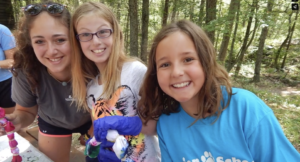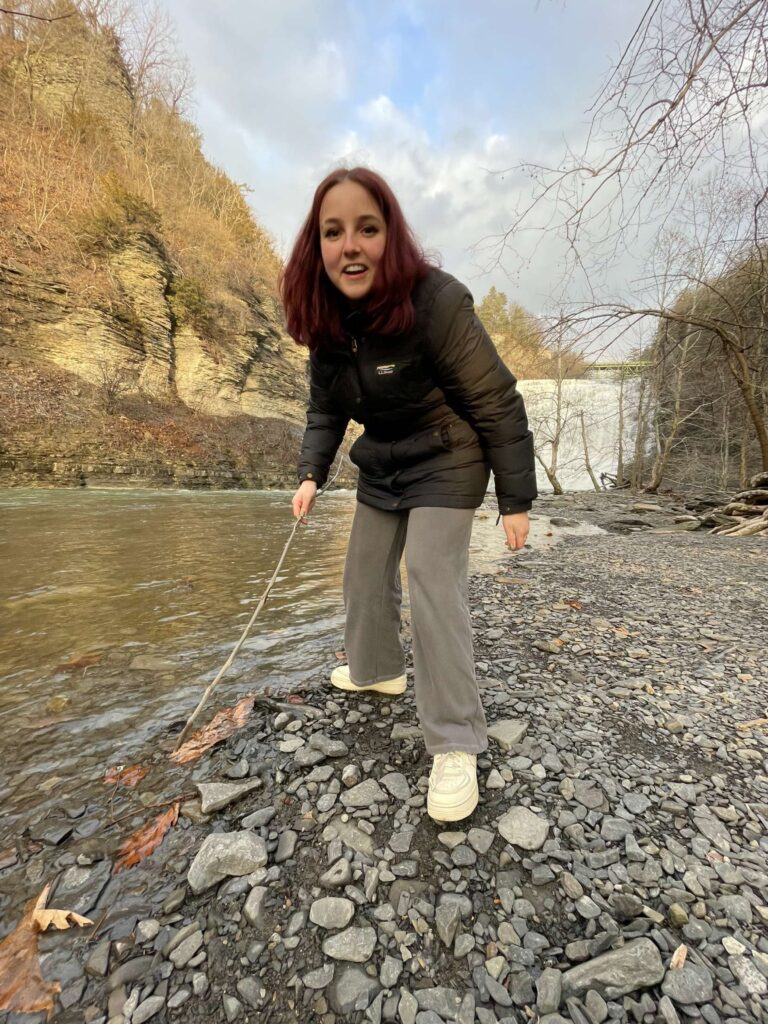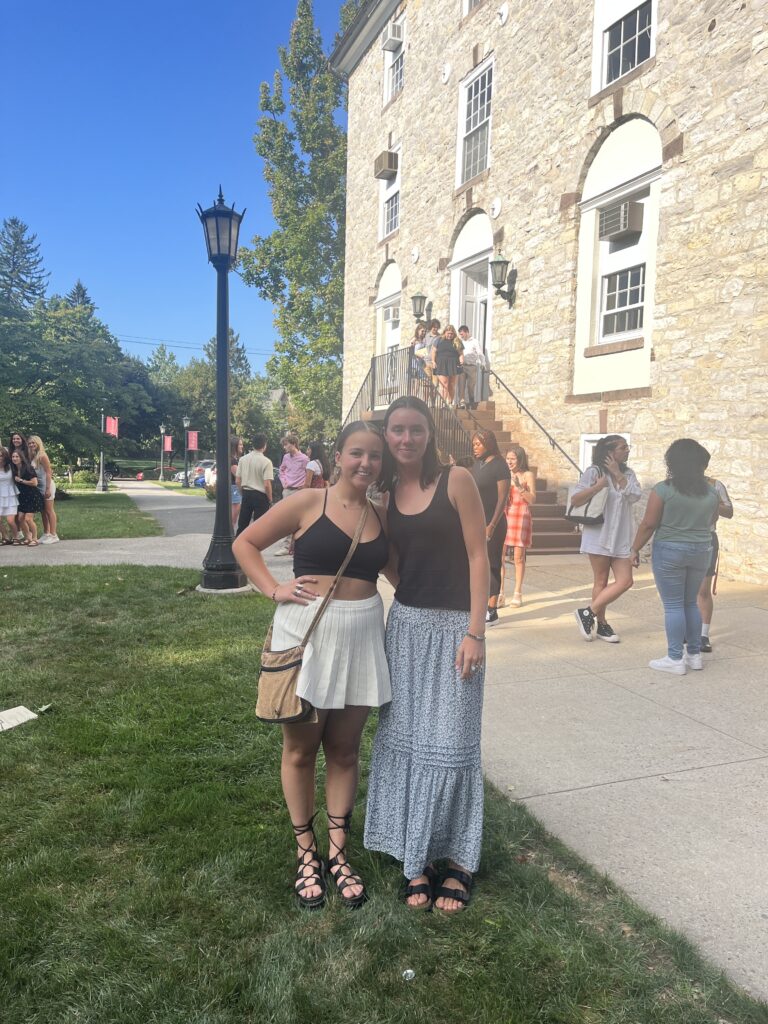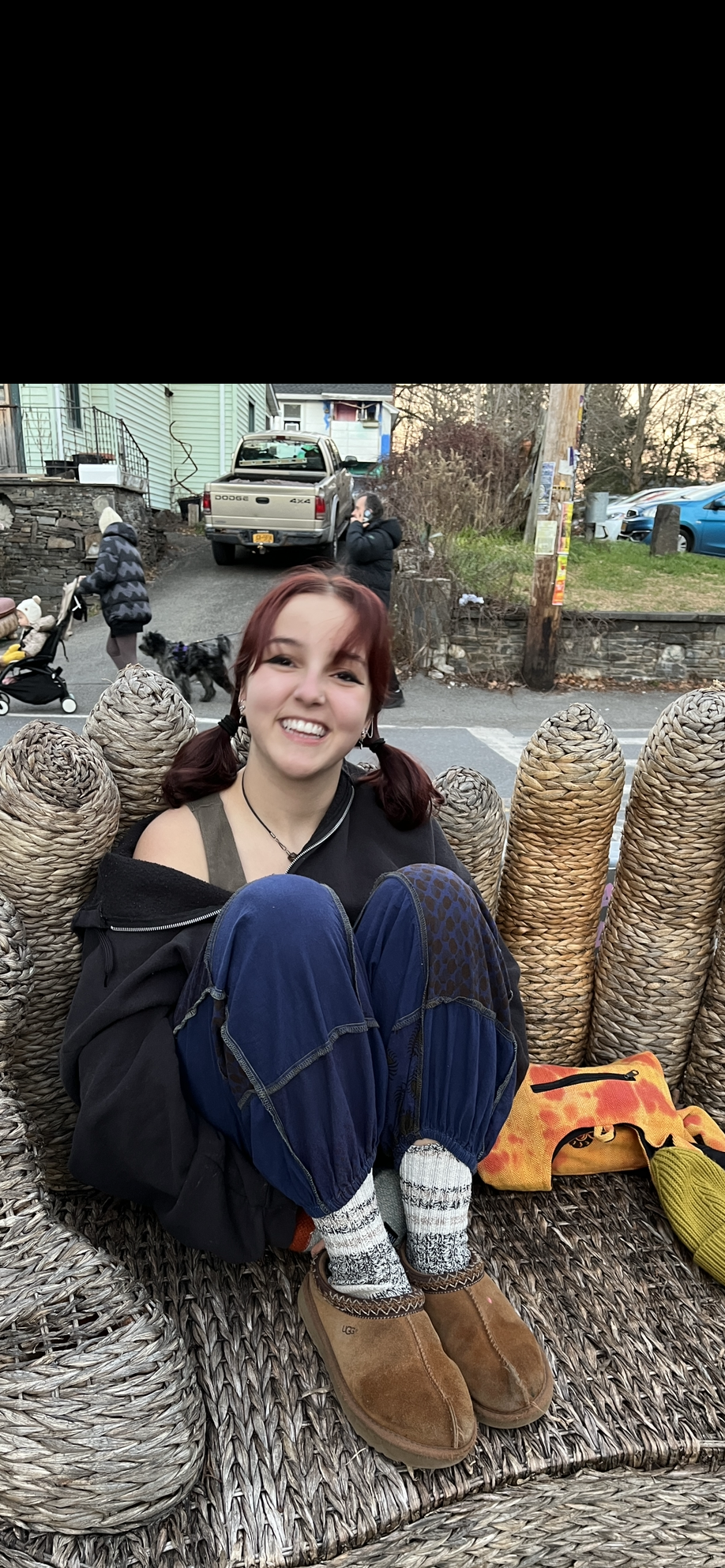As many of my readers know, this semester, I participated in a class where I was able to do research with students from the UAE who attend the American College of Sharjah. It was great to share ideas with students from so many different backgrounds. We studied other nations and how they are trying to achieve the sustainable development goals they have signed onto. I listened to the groups who researched Bangladesh and Brazil for their podcast, and I will talk about Sri Lanka, which is what I studied.
Sri Lanka has made significant improvements towards their sustainable development goals. However, there is still a considerable gap when it comes to gender equality. International social norms that revolve around women that suggest that women belong at home taking care of the family is straight BS. Sadly, thousands of women are still unemployed, participating in hours and hours of unpaid household labor. Women make up 52% of Sri Lanka’s population, but female representation in parliament is only 5.3%. Especially during the pandemic, many people were forced to adapt to work at home or stop working altogether. Sri Lanka’s economic status would be much better if they did not discriminate against women in the workforce. They need to catch up on a considerable number of able workers. The international community can sometimes understand how our countries are interconnected now, and we need to support one another to stay afloat sometimes, so they have responded with aid. India and other QUAD allies have helped Sri Lanka strive for a better economy.
Bangladesh is struggling to improve its low poverty rates, with 12.9% of its population under the extreme povert
y line. The average income is only $2, and the government needs help. Their government is corrupt, and there has been a recent concern from international agencies that that will not change. Bangladesh receives some aid from different NGOs, like the World Bank. Although that has helped their progress significantly, these NGOs have threatened to pull their aid if the corruption and poverty were decreased considerably. Surprisingly, the pandemic did not do as much damage to Bangladesh as it did to
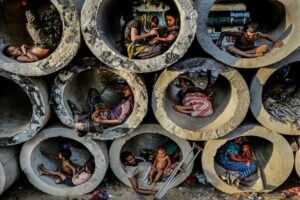 other countries, and their government has continued to instill different methods to reduce poverty. The government has made progress in unemployment by identifying groups that need support and providing them with supplies and job opportunities they need to continue living. However, the country must learn how to continue on its own because international aid must be something other than a positive source.
other countries, and their government has continued to instill different methods to reduce poverty. The government has made progress in unemployment by identifying groups that need support and providing them with supplies and job opportunities they need to continue living. However, the country must learn how to continue on its own because international aid must be something other than a positive source.
Brazil, on the other hand, is working towards a higher standard when it comes to environmental preservation. With the help of their friends and partnerships, like the other BRICS states, there has been a decrease in deforestation in the Amazon rainforest since 2012. Brazil has been working towards its goals with information campaigns, buying land and preserving it with reservations, rainforest trust, various NGOs, etc. Even with people buying
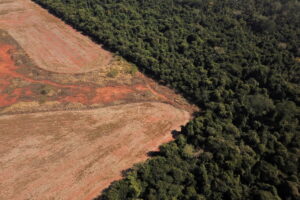
An aerial view shows deforestation near a forest on the border between Amazonia and Cerrado in Nova Xavantina, Mato Grosso state, Brazil July 28, 2021
plots of the Amazon to maintain, some sneaky companies and people purchase the land and clear it for supplies, land, pastures, and more. Brazil’s Amazon rainforest is crucial for global climate stability, and its preservation is critical to achieving several SDGs related to climate action, biodiversity, and sustainable land use.



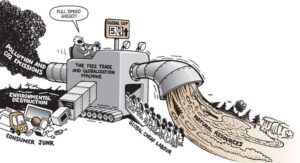 Personally, I see both sides. Yes, interdependence, in theory, seems excellent. Peace among everyone, even if it is coerced peace. Globalization created progress because states could collaborate, get the needed materials, and produce newer and better things. Why would that not be good? Because these countries are now connected and almost depend on each other to keep receiving the goods and services they want, they are incentivized to avoid turning on one another. However, we do have to consider that some of these countries may not have wanted to be globalized in the first place. But because the world had so many great powers participating and trading, there was no other way to survive decently without joining the party.
Personally, I see both sides. Yes, interdependence, in theory, seems excellent. Peace among everyone, even if it is coerced peace. Globalization created progress because states could collaborate, get the needed materials, and produce newer and better things. Why would that not be good? Because these countries are now connected and almost depend on each other to keep receiving the goods and services they want, they are incentivized to avoid turning on one another. However, we do have to consider that some of these countries may not have wanted to be globalized in the first place. But because the world had so many great powers participating and trading, there was no other way to survive decently without joining the party.

